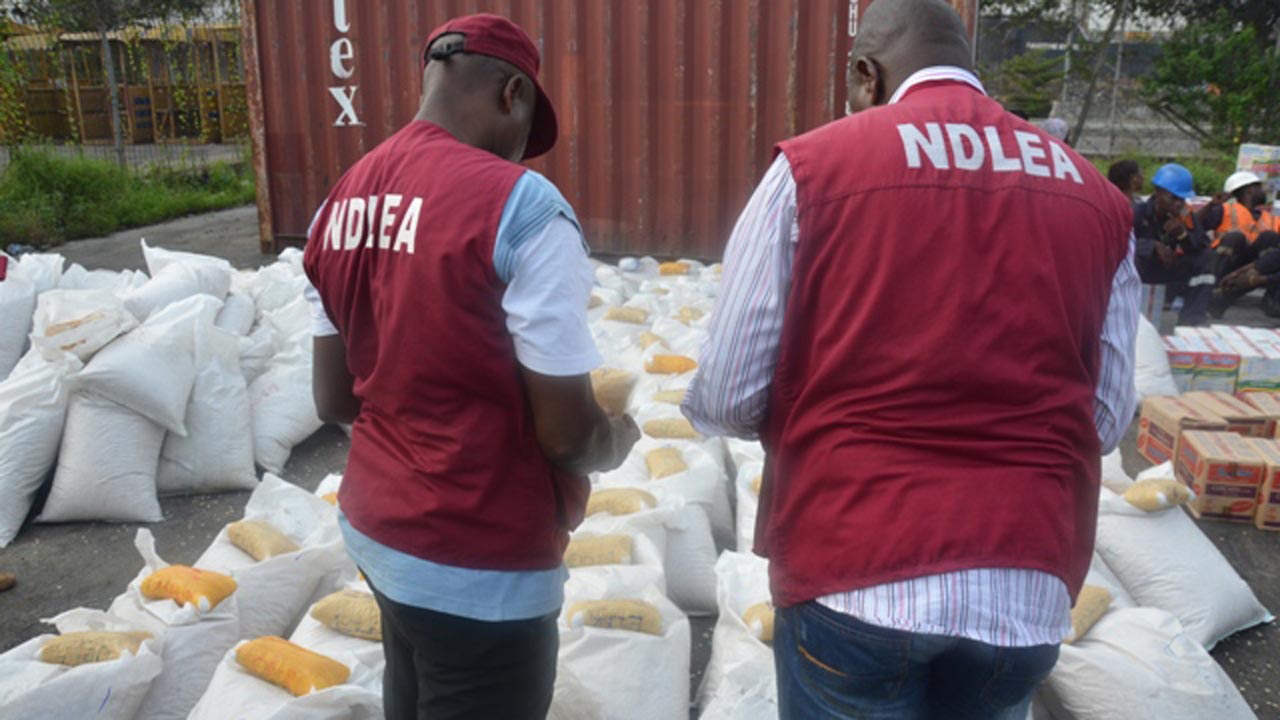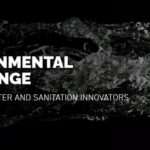A medical trip to India unravelled into a criminal investigation after 43-year-old Lagos-based makeup artist Adekoya Mary, a Lagos-based makeup artist, was nabbed at Murtala Muhammed International Airport on her way to India for fibroid surgery.
Officials of the National Drug Law Enforcement Agency (NDLEA) discovered 2.2kg of cocaine hidden in the bottom of her luggage. Adekoya claimed she had been recruited by Akeem Adekanbi, a wanted drug baron, who offered to finance her surgery in exchange for smuggling “a parcel.”
This case is now part of a broader success story in Nigeria’s unfolding war on narcotics, which integrates rehabilitation, public education, and strategic partnerships to prevent vulnerable citizens from being lured into trafficking.
Over the past year, the NDLEA has introduced intelligence-driven screening systems to major airports and logistic hubs. Surveillance now includes behavioural profiling, non-intrusive scanners, and cross-border intelligence sharing.
Recent seizures include cocaine hidden in wooden hangers bound for Australia and cannabis stuffed in clothing destined for Bahrain. These discoveries reflect not just the agency’s improved detection capabilities but also an evolving understanding of how traffickers hide illicit drugs in everyday items.
Tackling root causes
Recognising that enforcement alone is not enough, the NDLEA is tackling the root causes–poverty and poor health services, ignorance–through strategic partnerships with ministries, religious stakeholders, and communities to sensitise and build resilience.
Additionally, it hosts town hall meetings, school campaigns, and palace outreaches under the “War Against Drug Abuse” (WADA) programme to enlighten citizens about the modus operandi of drug trafficking.
In Osun State, for example, the agency collaborated with the government to organise culturally appropriate anti-drug campaigns. This ground-level initiative is showing dividends in altering public perception and arming citizens with information to resist exploitation.
Acknowledging that some traffickers are victims of deception, the NDLEA has commenced diverting eligible detainees to rehabilitation centres. This encompasses counselling, vocational training, and reintegration services delivered under partnerships with NGOs and social welfare agencies.
In the same vein, the agency is pushing for health sector reforms to reduce the need for medical tourism, which traffickers typically exploit. With more accessible and affordable healthcare in Nigeria, fewer citizens will fall prey to promises of medical trips overseas.
Another critical solution lies in strengthening community policing and whistleblower systems at airports and border towns. By empowering citizens and airport staff to report suspicious activities through anonymous, incentivised tip lines, NDLEA has extended its reach beyond formal checkpoints.
Such grassroots surveillance, when combined with community trust-building and public sensitisation campaigns, helps identify traffickers early, disrupt recruitment networks, and create a culture of shared responsibility in combating drug trafficking.
As Nigeria ramps up its fight against drug trafficking, the NDLEA is setting a new standard, one balances tough enforcement with compassion, prevention, and awareness. While Adekoya Mary’s arrest may have shut down one shipment of cocaine, the broader reforms underway aim to stop many more–by protecting vulnerable citizens, dismantling trafficking networks and cutting off the supply of new couriers before they even begin.
A medical trip to India by Adekoya Mary, a Lagos-based makeup artist, led to a criminal investigation when she was arrested at Murtala Muhammed International Airport with 2.2kg of cocaine in her luggage. She confessed to being recruited by Akeem Adekanbi, a wanted drug baron, who offered to fund her fibroid surgery in exchange for smuggling the cocaine. This case highlights Nigeria’s ongoing drug war, which includes rehabilitation, public education, and strategic partnerships to prevent drug trafficking. The National Drug Law Enforcement Agency (NDLEA) has improved detection capabilities at airports through intelligence-driven screening, non-intrusive scanners, and behavioral profiling, leading to significant drug seizures.
The NDLEA is also addressing the root causes of drug trafficking, such as poverty and inadequate healthcare, by forming strategic partnerships with ministries, religious leaders, and communities. Initiatives like the “War Against Drug Abuse” (WADA) programme provide education through town halls and school campaigns, while collaborations with local governments organize culturally appropriate anti-drug campaigns. The agency is ensuring victims of deception receive rehabilitation and vocational training, advocating for health sector reforms to reduce medical tourism, and strengthening community policing and whistleblower systems to enhance grassroots surveillance.
Through these efforts, Nigeria aims to prevent drug trafficking by protecting vulnerable citizens and disrupting trafficking networks before they form. The NDLEA’s multi-faceted approach balances strict enforcement with preventive measures, compassion, and awareness, setting a new standard in the fight against drug trafficking.






